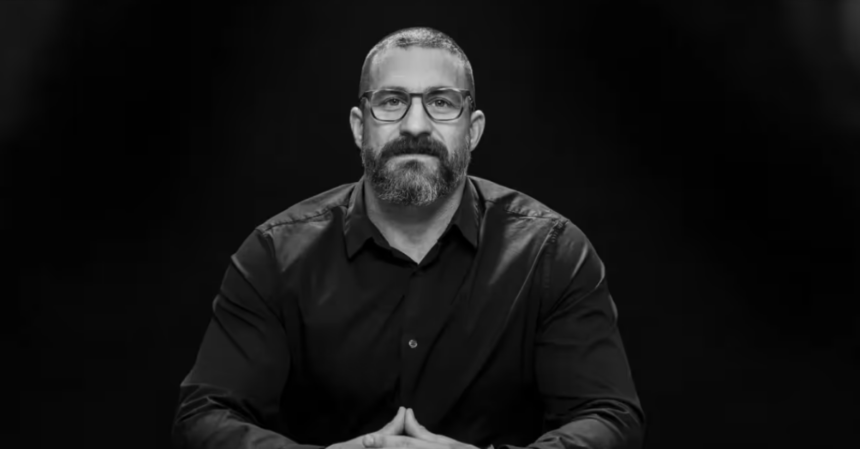Neuroscientist Dr. Andrew Huberman outlined a key psychological loop behind peak performance and emotional resilience in a recent post, emphasizing that mental toughness isn’t granted—it’s built through deliberate exposure to challenge.
“Doing hard stuff requires distress tolerance. Building distress tolerance requires doing hard stuff,” said Dr. Huberman in a post on X. “There is no easy entry point. It gets easier by way of recognition. You think ‘I’ve been here before.’ Pretty soon you’re seeking that state. That’s how you make hard stuff easy.”
Huberman’s comment reflects a growing body of neuroscience showing that repeated exposure to difficult situations—physical or emotional—conditions the brain to adapt more efficiently. With each encounter, the brain learns that discomfort is survivable, building a feedback loop of familiarity and control.
This practice of stress inoculation rewires perception: rather than dreading discomfort, high performers begin to crave it. In neuroscience terms, it’s a shift from threat response to adaptive mastery.
Dr. Andrew Huberman is a professor of neurobiology at Stanford University and host of the Huberman Lab Podcast. His work explores how the brain and body respond to stress, challenge, and growth—helping people build better habits and improve resilience through science-backed protocols.

